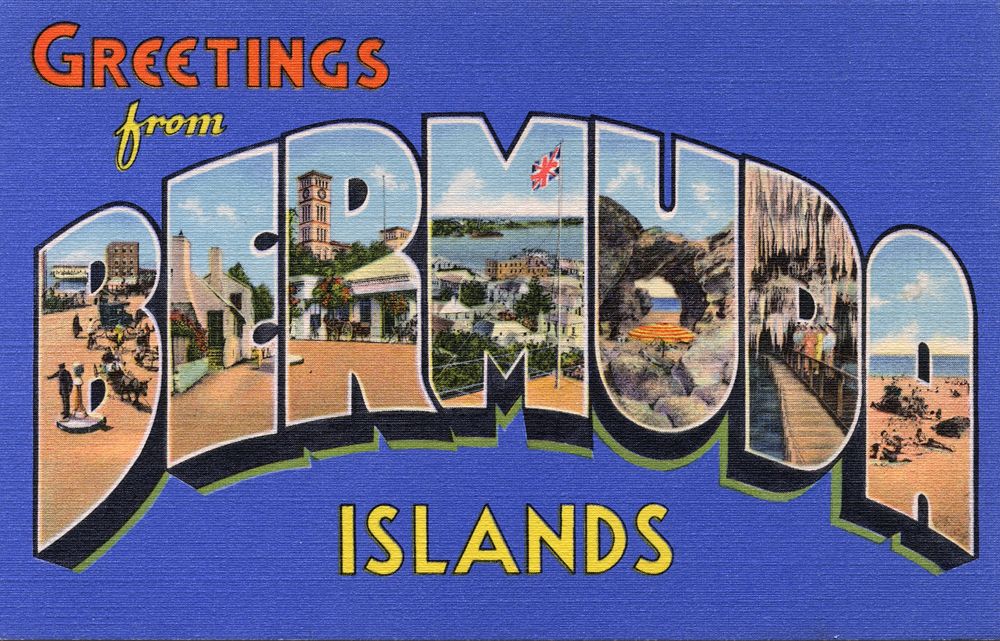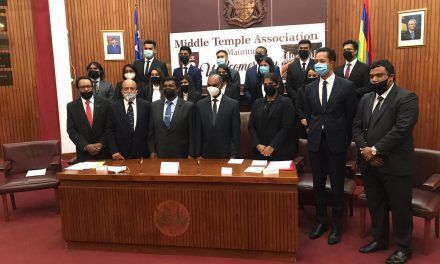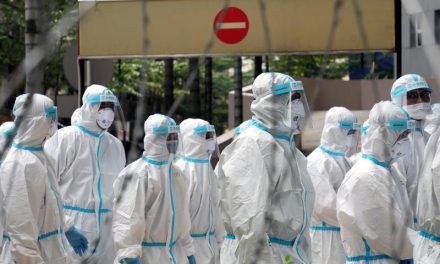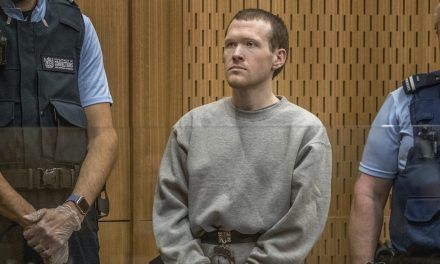Since the early 17th Century, members of the Middle Temple have played a significant role in the legal history of Bermuda, the Cayman Islands and the British Virgin Islands (BVI).
It is well known that several Middle Temple lawyers, including the Lord Chief Justice and Treasurer of the Inn, Sir John Popham, were actively involved in the establishment and financing of the Virginia Company of London in 1606 and the settlement of Jamestown, Virginia, in North America.
It is perhaps less well known that a number of Middle Templars were also instrumental in the establishment, financing and first permanent settlement of Bermuda, in the Mid-Atlantic.
In 1609, a supply and relief mission was sent to the Jamestown settlement in Virginia, including a ship known as the Sea Venture, under the command of Admiral Sir George Somers.
The Sea Venture was shipwrecked in a hurricane on the reefs of Bermuda, enroute to Jamestown. The survivors, including Sir George Somers, 150 passengers and one dog, established the first colonial settlement in Bermuda.
Having rebuilt new ships from the wreckage of the Sea Venture, they completed their voyage to Virginia and helped to save the Jamestown settlement from starvation, with food and supplies brought from Bermuda.
It is said that their experiences inspired Shakespeare to write The Tempest (first performed in 1611, although not in Middle Temple Hall).
It was in 1612 that the Somers Isles Company was formally established by charter to manage the permanent settlement of Bermuda, in a similar fashion to the Virginia Company.
Various members of the Middle Temple were founding members of the Somers Isles Company, including Richard Martin (Recorder of London) and Sir Edwin Sandys (after whom the Bermuda parish of Sandys is named), and they played an important part in its affairs for many years.
Fast forward 410 years or so, there are now so many Middle Templars settled and working in the legal systems of Bermuda, the Cayman Islands and the BVI, that there would be more than enough members of the Inn to justify the establishment of a regional Middle Temple society in the Caribbean and Mid-Atlantic, of the sort that exists in Singapore, Mauritius, Malaysia, Hong Kong and Gibraltar.
I do not propose to list the names of all the Middle Templars currently involved in the legal professions or legal systems of Bermuda, the Cayman Islands, and the BVI, or even to try to count them all. I will simply note the names and roles of six high-profile Benchers of the Inn by way of example:
- Master Christopher Clarke currently serves as the President of Bermuda’s Court of Appeal;
- Master Scott Baker recently served as a past President of Bermuda’s Court of Appeal;
- Master Alan Moses currently serves as a member of the Cayman Islands’ Court of Appeal;
- Master Ian Kawaley currently serves as both a Justice of the Grand Court of the Cayman Islands, while also serving as an Acting Justice of the Supreme Court of Bermuda (where he was also the Chief Justice for a number of years);
- Master Janice Pereira currently serves as the Chief Justice of the Eastern Caribbean Supreme Court; and
- Master Adrian Jack currently serves as a Justice of the High Court of the British Virgin Islands.
Despite the challenges that Covid-19 has presented in so many respects, the global pandemic has provided a beneficial opportunity for informal links between the Middle Temple and the legal systems of Bermuda, the Cayman Islands, and the BVI to flourish, at least in a virtual sense.
Over the past 18 months, both the first instance and appellate courts of Bermuda, the Cayman Islands, and the BVI have done an excellent job of conducting court hearings by remote video-link, with the consequence that it has never been easier than it is today for members of the English Bar to appear virtually in court, in an arbitration, or in a regulatory tribunal hearing, in any one of these jurisdictions, in appropriate cases.
As a result, it has become increasingly common for English barristers to deliver presentations or seminars to ‘offshore’ law firms and businesses by Zoom; I have personally organised and participated in a number of such excellent presentations over the past 18 months, including in the areas of advocacy training.
The jurisdictions of Bermuda, the Cayman Islands, and the BVI continue to generate a disproportionate number of complex and interesting pieces of litigation and arbitration.
The Supreme Court of Bermuda is currently hosting a trial of one of the largest trusts disputes ever to have come before a Court anywhere in the world, and trusts litigation continues to be a fertile source of legal work.
Although it is hard to predict litigation trends at the best of times (even more so during a global pandemic), there has been a noticeable increase in minority shareholder, corporate, and partnership disputes in recent months, as well as insolvency and restructuring-related work, asset tracing, debt recovery, and fraud-related litigation.
Much ‘offshore’ legal work is cross-border and international, given the large number of international business companies whose businesses, shareholders, or creditors may be located in the USA, Canada, Asia, or Latin America, or even in Europe or Africa. Although much of this work may be described as ‘commercial’, ‘corporate’, or ‘commercial chancery’, there is an ever-increasing amount of regulatory, compliance, and public law work as well.
Another growth area is environmental litigation, as well as human rights and constitutional claims asserted in a variety of different contexts.
There have been many creative challenges to the legality of various Covid-19 rules and restrictions, for example, given the rigorous travel and quarantine restrictions that have been imposed in the Cayman Islands and Bermuda.
Although these restrictions have effectively reduced the rates of local Covid-19 transmissions to commendably low levels for a sustained period, there have been some high-profile cases in which the Cayman Islands Courts have imposed heavy custodial sentences on certain American or Canadian tourists that have disobeyed local quarantine rules.
Four Privy Council decisions from the Cayman Islands and the BVI have already been delivered in the first half of 2021 and as I write this article, there are currently six cases pending before the Judicial Committee of the Privy Council on appeal from the Courts of Bermuda, the Cayman Islands, or the BVI, in which a judgment is expected shortly.
Two of these cases relate to same-sex marriage rights in Bermuda and the Cayman Islands. The Privy Council’s judgments in these cases have the potential to make a profound contribution to the jurisprudence in this area, while also being of wider significance to the constitutional relationship between the United Kingdom and the British Overseas Territories, especially considering Brexit.
As a result of the volume and diversity of legal business in, and relating to, the British Overseas Territories, there are many different sets of chambers based in Middle Temple whose members are, or have the potential to be, involved in ‘offshore’ legal work (subject to observing local laws and regulations regarding the unauthorised practice of local law).
One excellent way for younger members of the Middle Temple to break into ‘offshore’ law is through a Pegasus Scholarship, or through a secondment to an ‘offshore’ law firm, if that can be arranged. Otherwise, there are many ‘offshore’ law firms that have an interest in recruiting talented lawyers that have trained and practised at the English Bar, and in the Middle Temple in particular.
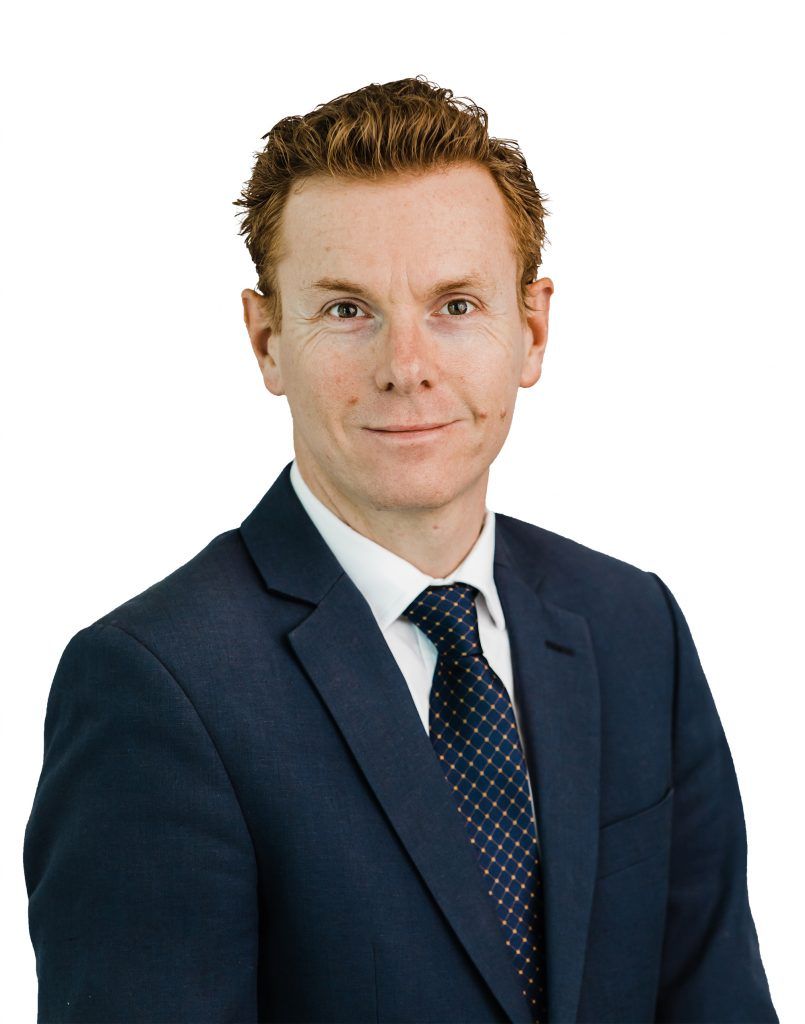
Alex Potts is a Partner with the law firm Conyers, and the Head of the firm’s Cayman Islands Litigation and Restructuring Department. A member of Middle Temple, he has been Called to the Bars of England and Wales, Bermuda, the Cayman Islands and the British Virgin Islands.

